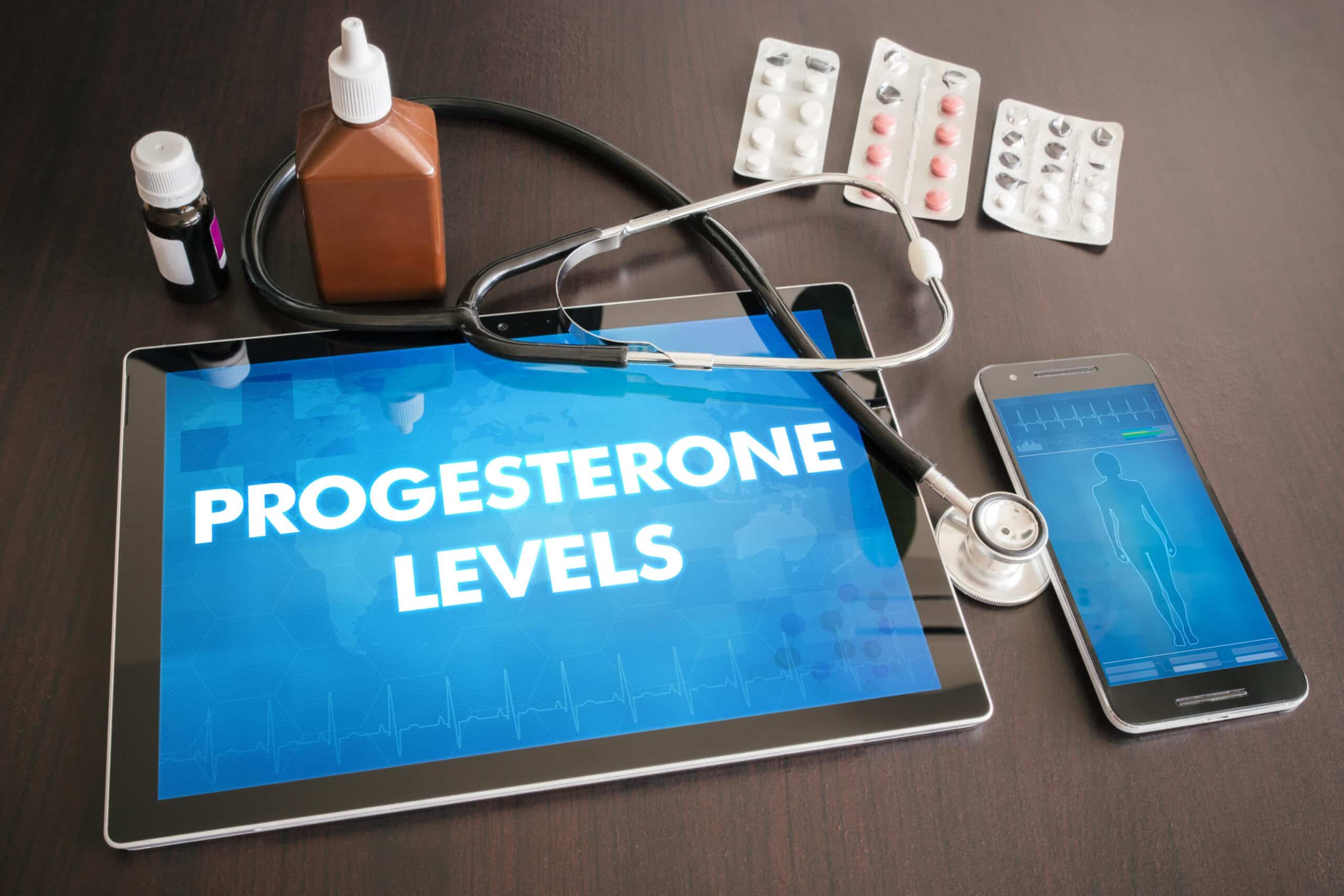Recent studies suggest hormones–specifically, progesterone—may offer some solutions not found in standard treatments. According to Doris King, each of the DSM’s symptoms for schizophrenia and bipolar disorder can be traced back to a deficiency of progesterone. In her book, Curing Bipolar Disorder and Schizophrenia, King claims that she was able to turn around her diagnoses of both these disorders. She bases many of her arguments on writings by the late Dr. John Lee, which stress the importance of maintaining normal progesterone levels.
Could Progesterone Be the Key?
Dr. Lee recommended supplementing progesterone in doses that reflect the amount of hormone the body should normally produce. However, King maintains that people who have a long history of progesterone depletion—as in the case of patients with schizophrenia or bipolar disorder—need much more progesterone, stating simply, “When you have bipolar disorder or schizophrenia, your brain doesn’t have the progesterone it needs to function properly.” She introduces the idea of a loading dose, using progesterone in doses 3-4 times higher than Dr. Lee’s recommendation, until the body’s deficit is restored. During King’s recovery from bipolar disorder, she used high doses of progesterone for four months.
Niacin and Schizophrenia
Another progesterone-related angle to schizophrenia is through treatment with niacin. Niacin aids in the synthesis of the sex hormones estrogen, testosterone, and progesterone. Dr. Abram Hoffer spent his career successfully treating patients with schizophrenia with high doses of niacin, a B vitamin. Niacin taken in high doses may normalize adrenaline metabolism. Dr. Hoffer identified an oxidized metabolite of adrenaline, which he named adrenalchrome, as being responsible for the hallucinogenic effects present in schizophrenia.
Progesterone and Adrenaline Imbalance
In his book, Adrenaline Dominance, Dr. Michael Platt writes that the medical field often ignores the effects of excessive production of adrenaline by the adrenal glands. Adrenaline is part of our “fight or flight” response, which may make us shaky, hyperactive, superhumanly strong, and intensely aware. A problem occurs when adrenaline is consistently overproduced, leading to symptoms associated with ADHD, anger, depression, PTSD, bipolar disease, addictions, and more. According to Dr. Platt, progesterone, produced in both the adrenal glands and sex organs, is the natural balancing hormone for excess adrenaline.
Nerve Damage Research and Other Breakthroughs
The myelin sheath wraps itself around nervous system tissue as a protective shield. If the myelin sheath is damaged, nerve conductivity is lost. Led by Natalya Uranova, Russian scientists have published research linking damaged myelin sheaths to both schizophrenia and bipolar disorder. They examined the nervous system tissue of deceased patients who had these disorders, identifying myelin damage in these patients. In another study, Michael Schumaker et al. concluded that progesterone can be independently produced by myelin tissue and can be used in myelin repair strategies.
Conclusion
Mental health has become a large focus of today’s healthcare, as researchers strive to identify the genetic and environmental influences on mental health. While sex hormones have long been associated with changes in mood—such as anxiety and depression found in PMS or menopause—we can now turn our attention to the hormonal influences on other psychiatric disorders such as schizophrenia, bipolar disorders, and more. As research continues, progesterone may emerge as a key factor in developing treatments to recover and optimize mental health.




